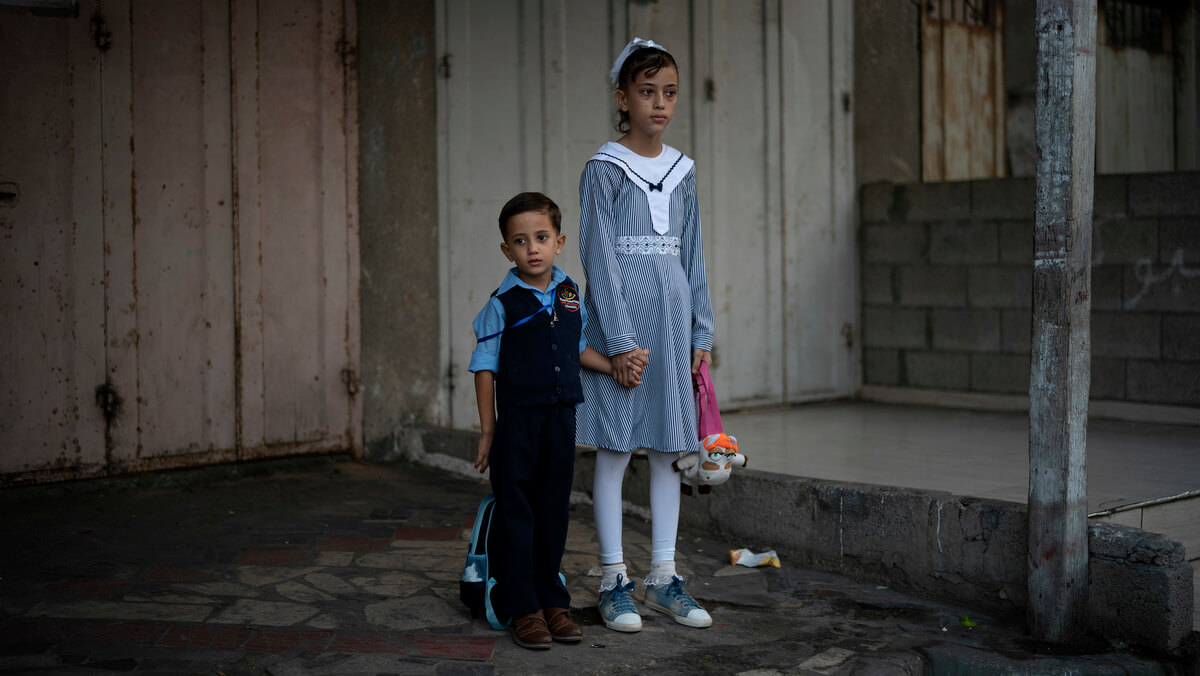The World Bank has issued a stark warning about Gaza’s economy. A report published today stated that the enclave is “collapsing” due to the 11-year Israeli-led blockade and described the economy as being in “free fall”, with aid flows no longer enough to stimulate growth.
A “recent drying up of liquidity” noted by the Bank is a reference to the decisions by the Palestinian Authority in Ramallah and the US government to reduce payments to the besieged territory.
“A combination of war, isolation and internal division has left Gaza in a crippling economic state and exacerbated the human distress,” said Marina Wes, World Bank Country Director for the West Bank and Gaza. “A situation where people struggle to make ends meet, suffer from worsening poverty, rising unemployment and deteriorating public services such as health care, water and sanitation, calls for urgent, real and sustainable solutions.”
While pointing out that the Israeli led blockade is the “core” reason for Gaza’s collapse, the report said that the situation has been exacerbated by “the decision of the Palestinian Authority to reduce the monthly payments by $30 million to the area, the winding down of the $50-60 million per year of the US Government aid programme, and the cuts to the United Nations Relief and Works Agency programme.”
Donor funding is said to have declined and Gaza is faced with a full year deficit of $1.24 billion. Conditions have deteriorated to such an extent that foreign aid alone will be insufficient in countering the collapse of the economy.
Highlighting the challenge as well as the danger of Gaza’s collapse, Wes added: “The economic and social situation in Gaza has been declining for over a decade but has deteriorated exponentially in recent months and has reached a critical point. Increased frustration is feeding into the increased tensions which have already started spilling over into unrest and setting back the human development of the region’s large youth population.”
The World Bank recommended the need for a balanced approach to the situation in Gaza that combines an immediate crisis response with steps to create an environment for sustainable development. Its report said that among the immediate responses required would be to ensure the continuation of key services, such as energy, water, education and health.
The international body also called on Israel to support a conducive environment for economic growth by lifting restrictions on trade and allowing the movement of goods and people, without which, the report confirmed, the economic situation in Gaza will never improve.
Top Photo | Children wait outside an UNRWA school before attending first day of class in Gaza City, Aug. 29, 2018. Hundreds of thousands of Palestinian children are starting their schoolyear in Gaza amid major budget cuts that threaten to close United Nations schools. Felipe Dana | AP
![]() MEMO is licensed under a Creative Commons Attribution-NonCommercial-ShareAlike 3.0 International License.
MEMO is licensed under a Creative Commons Attribution-NonCommercial-ShareAlike 3.0 International License.


